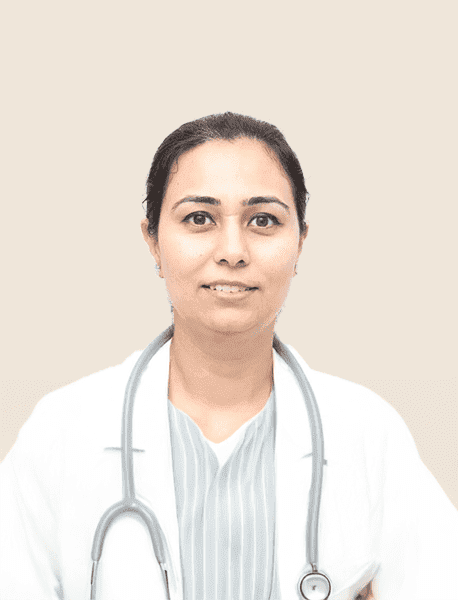Pregnancy Care
Pregnancy care refers to the health services and medical attention a woman receives throughout her pregnancy to ensure the well-being of both the mother and the developing baby. It involves regular check-ups, screenings, lifestyle guidance, and support from gynecologists.
Best Gynecologists for Pregnancy Care

Dr. Sunita Mor
MBBS, MS - Gynaecology

Dr. Anshika Lekhi
MBBS, MS, Mch

Dr. Surbhi Gupta
FNB, MBBS, MS- Gynecology

Dr. Sunita Mor
MBBS, MS

Dr. Anshika Lekhi
MBBS, MS, Mch

Dr. Surbhi Gupta
FNB, MBBS, MS - Gynaecology
Everything You Need to Know About Pregnancy Care
Pregnancy is a transformative and deeply personal journey—filled with both challenges and moments of profound joy. It’s one of the most critical phases in a woman’s life, and taking proper care before, during, and after pregnancy is essential for the health of both mother and baby. Adopting a nutritious diet, maintaining a healthy lifestyle, and receiving consistent medical guidance can significantly improve pregnancy outcomes and overall well-being.
Choosing the right healthcare provider is crucial, and at T.R.U.E. Hospitals we are committed to supporting women through every step of their pregnancy journey. We offer expert care from experienced gynaecologists who provide personalised, compassionate support throughout all stages of pregnancy. Our services are designed to make the process as smooth and stress-free as possible.
Diagnosis and Regular Medical Tests During Pregnancy
During pregnancy, regular medical check-ups and diagnostic tests are essential to monitor the health of both the mother and the developing baby. Your healthcare provider may recommend various screening and diagnostic tests to detect any abnormalities, including hereditary or spontaneous genetic disorders. One of the key tests is screening for chromosomal abnormalities, which helps assess the risk of conditions like Down syndrome and other genetic disorders. These screenings are typically done in the first trimester, and if completed early, additional tests may not be necessary later on.
Another vital diagnostic tool during pregnancy is ultrasonography, commonly known as an ultrasound. This imaging test is used to assess the development and well-being of the fetus, especially when abnormal results appear in routine blood tests. Ultrasounds serve multiple purposes—they help determine the baby’s due date, examine the structure and position of the placenta, monitor blood-flow patterns, observe fetal behaviour and movements, and track growth over time. These regular evaluations ensure early detection of potential issues and provide valuable information to support a healthy pregnancy journey.

Don’t Hesitate To
Contact Us
In urgent situations, you can count on us. Learn more about our emergency services and the specialized care we provide around the clock.

Call Us - 9220472227
FAQ About Pregnancy Care
When should I start prenatal care?
Prenatal care should begin as soon as you find out you’re pregnant. Early care helps monitor the baby’s development, manage symptoms, and identify any potential risks at the earliest stage.
How often should I visit my doctor during pregnancy?
Typically, visits are scheduled once a month during the first 28 weeks, every two weeks until 36 weeks, and weekly after that until delivery. Your doctor may adjust this based on your specific health needs.
What foods should I avoid during pregnancy?
Avoid raw or undercooked meats, unpasteurized dairy, certain seafood high in mercury, raw eggs, and excessive caffeine. It’s also important to limit processed foods and maintain a balanced diet rich in nutrients.
Is it safe to exercise during pregnancy?
Moderate exercise, like walking, swimming, or prenatal yoga, is generally safe and beneficial during pregnancy. However, always consult your doctor before starting any exercise routine.
What tests are done during pregnancy?
Common tests include blood work, urine analysis, ultrasounds, genetic screening, glucose testing for gestational diabetes, and tests for infections. These help track the health of both mother and baby.
What should I expect after delivery in terms of care?
Postnatal care includes monitoring your recovery, managing any complications, supporting breastfeeding, and evaluating your mental health. It’s important to attend all postpartum checkups and ask for help when needed.

